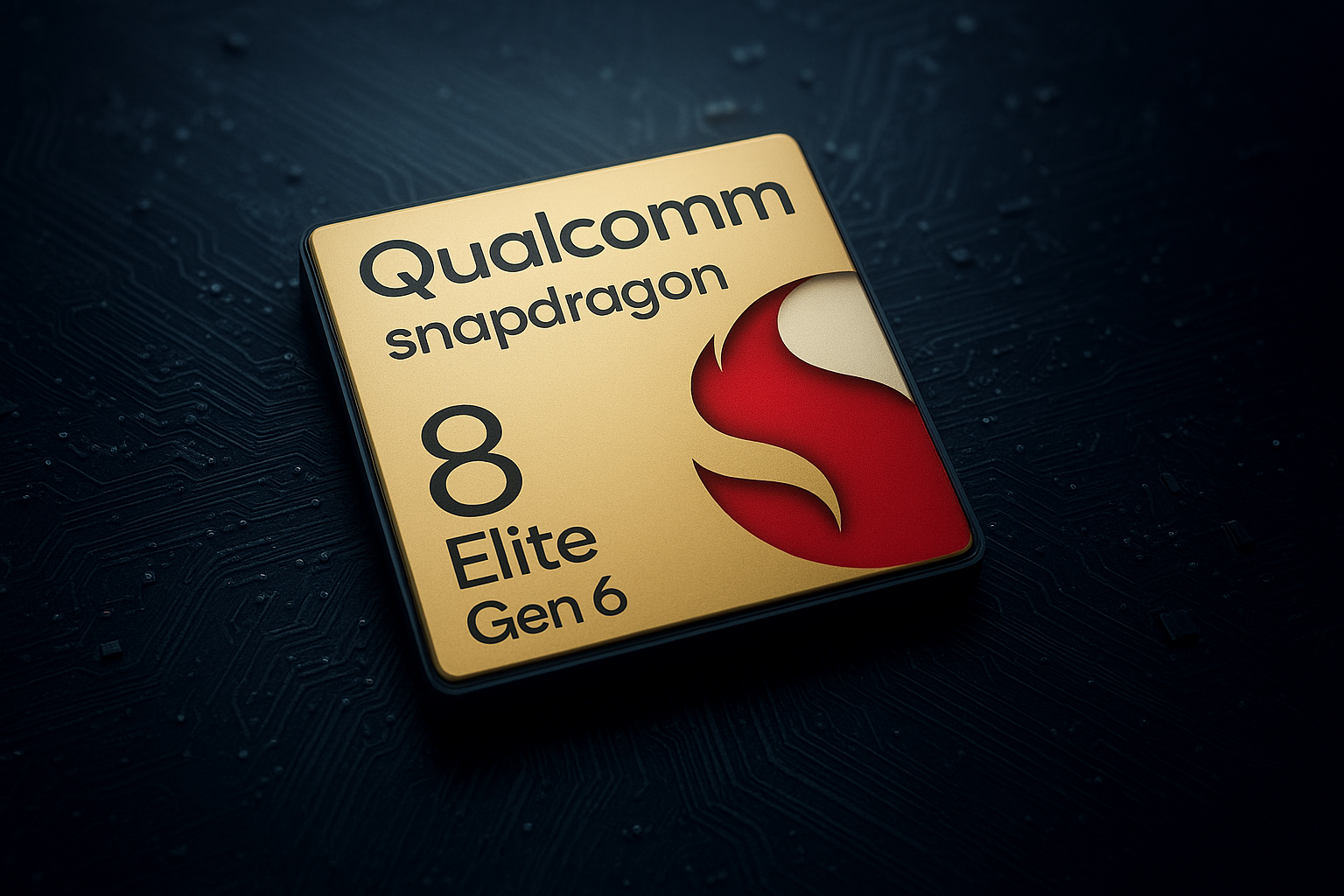Xiaomi is reportedly preparing to debut its custom silicon built on a 3nm process as early as next year. If successful, this development could represent a significant milestone in the company’s efforts to establish greater control over its hardware ecosystem. However, uncertainties surrounding production, partnerships, and geopolitical challenges remain key obstacles to Xiaomi’s ambitious endeavor.
3nm Process Technology and Potential Manufacturing Partners
The information emerged through a post on Weibo by a user known as a “Mobile phone chip expert,” who has a history of sharing insights related to the semiconductor industry. While Xiaomi’s manufacturing partner for the 3nm chips is not explicitly mentioned, industry speculation suggests that Taiwan Semiconductor Manufacturing Company (TSMC) could be a contender, given its leadership in advanced process nodes. Samsung Foundry, which also manufactures 3nm chips, could be another potential collaborator.

The decision to adopt the 3nm process highlights Xiaomi’s pursuit of higher efficiency and performance. Advanced manufacturing nodes offer substantial improvements in energy efficiency and computing power, potentially allowing Xiaomi to challenge competitors such as Qualcomm and Apple in the mobile chipset domain.
Integration of MediaTek T90 5G Modem
The Weibo post also indicates that Xiaomi plans to integrate MediaTek’s T90 5G modem into its custom silicon. MediaTek’s latest baseband offerings, including the T830 modem, focus on diverse applications, but details about the T90 remain elusive. This suggests that the T90 could be an unreleased or highly specialized product tailored to Xiaomi’s needs.
If Xiaomi pairs its in-house 3nm chipset with the T90 modem, it could significantly enhance the SoC’s wireless capabilities. This integration could position Xiaomi’s silicon to compete with Qualcomm’s Snapdragon X80 5G modem, known for its high-speed connectivity and advanced features.
Challenges Ahead
Xiaomi faces multiple challenges as it ventures into custom silicon development. The U.S. government has previously imposed sanctions on Chinese companies, restricting access to critical technologies. Any similar action could complicate Xiaomi’s access to advanced manufacturing technologies or essential components like 5G modems.
Additionally, custom chip development requires substantial investment and expertise. Companies like Apple and Samsung have demonstrated the advantages of vertical integration, but the process demands long-term commitment and resources.
MediaTek’s Role and Industry Context
MediaTek has been rapidly advancing its capabilities in recent years. Its Dimensity 9400 chipset, built on TSMC’s second-generation 3nm process, showcases the company’s readiness to adopt cutting-edge manufacturing technologies. This progress positions MediaTek as a strong partner for Xiaomi, particularly in providing advanced modem solutions.
If MediaTek supplies the T90 modem, it might also benefit from leveraging TSMC’s 3nm process. This collaboration could allow Xiaomi and MediaTek to jointly address competitive pressures from industry leaders like Qualcomm, which has a well-established presence in high-performance mobile SoCs.
Outlook for Xiaomi’s Custom Silicon
While Xiaomi’s move toward custom silicon aligns with broader trends in the industry, many questions remain unanswered. Details about the chip’s architecture, performance capabilities, and production timelines are still speculative. Additionally, the integration of the T90 modem and its compatibility with Xiaomi’s ecosystem will be critical to the project’s success.
For now, the reported collaboration between Xiaomi and MediaTek signals a potentially transformative shift in Xiaomi’s approach to hardware development. If successful, the 3nm custom silicon could reduce Xiaomi’s reliance on third-party suppliers, strengthen its competitiveness in the global market, and set the stage for further innovation in mobile technologies.
News Source: Mobile phone chip expert, Wccftech







